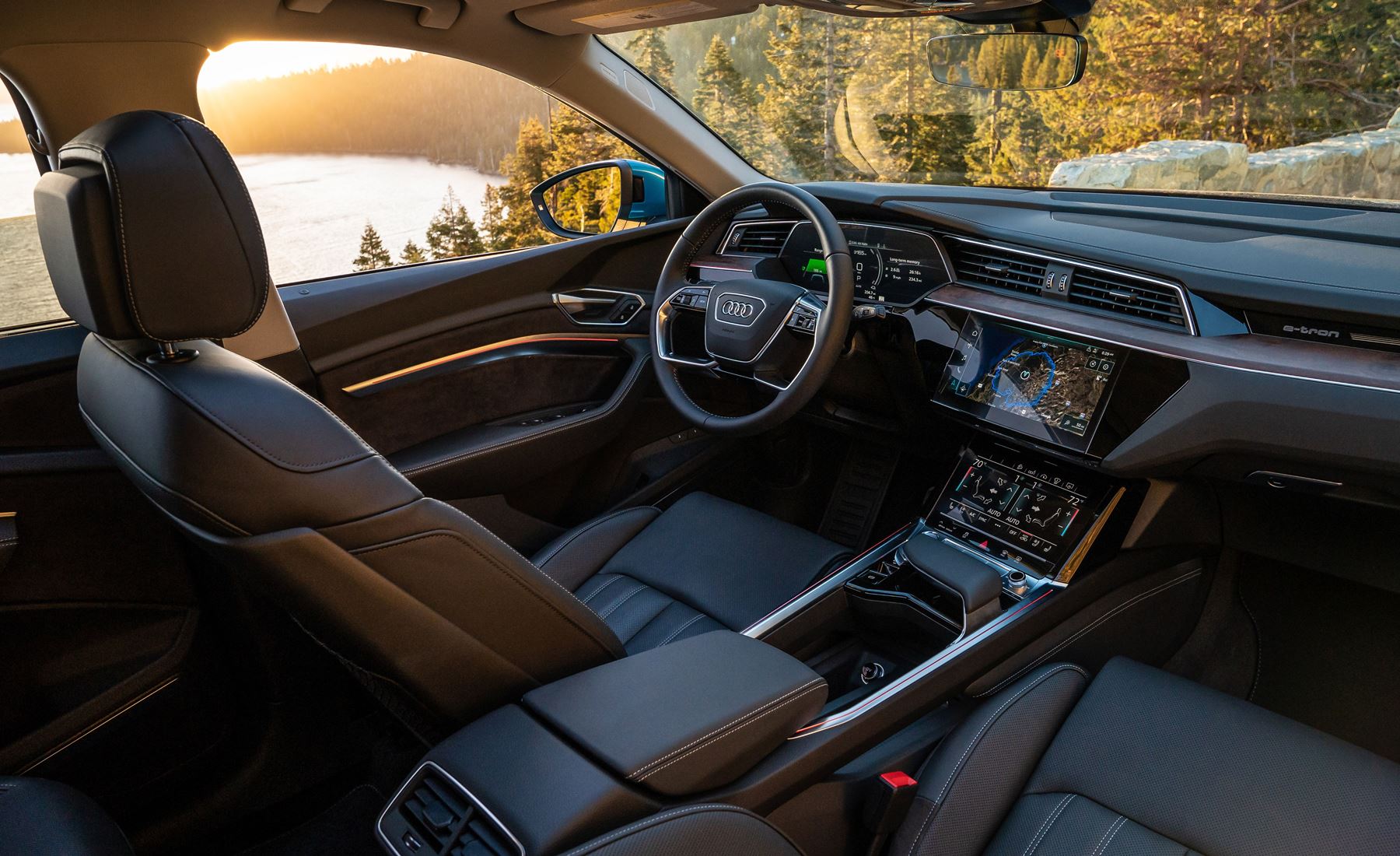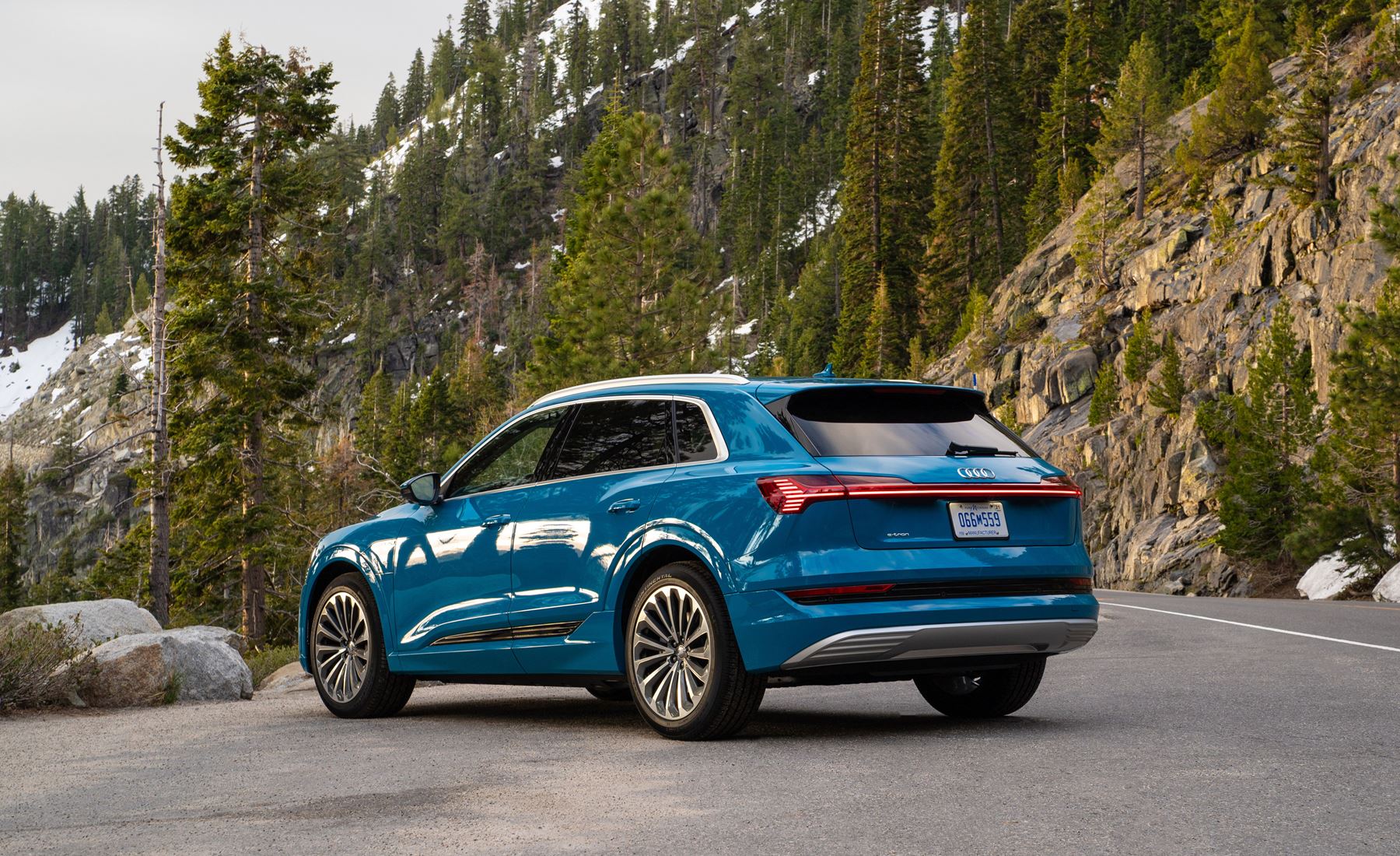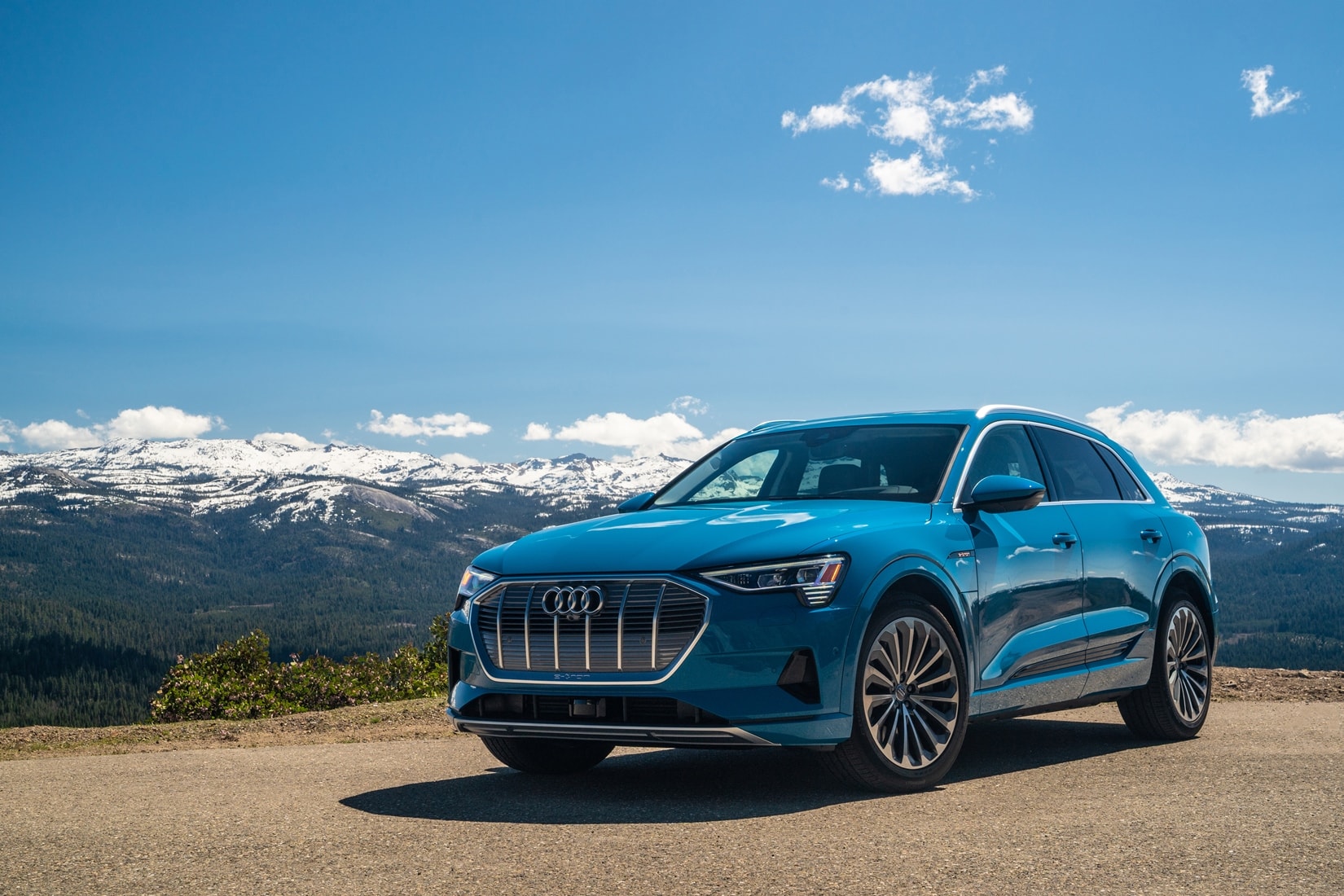Audi has initiated a safety recall for 206 units of its 2019 e-tron Quattro electric SUV due to a defect in the brake booster. The recall was triggered by customer reports of unusual brake noises and instances where the brake pedal would suddenly reset.
Following a thorough investigation, it was determined that a malfunctioning screwdriving station at the brake booster supplier, Continental, had resulted in the improper assembly of the bolt connection between the brake pedal input rod and the brake booster actuator rod.
This defect could potentially lead to the complete separation of the mechanical coupling, rendering the primary braking system inoperable.

Fortunately, Audi is not aware of any accidents or injuries resulting from this issue. To address the problem, the automaker will replace the faulty brake boosters with new units at no cost to affected customers. The recall campaign is expected to begin in October 2024, with owner notification letters being mailed out by that time.
The affected vehicles were manufactured between May 28 and October 23, 2019, and can be identified by their brake booster part numbers, 4KE 614 100 AC and 4KE 614 100 AF. Audi has recently addressed a recall affecting its e-tron quattro models produced in 2019. The recall, stemming from issues with replacement boosters, has been resolved with optimized manufacturing processes implemented in April 2024.
Owners of affected vehicles can verify their eligibility by entering their 17-character VIN on either Audi’s website or the federal recall portal. Despite being manufactured in Belgium, all affected vehicles feature VINs beginning with the letter W, indicating German origin. It’s worth noting that Audi has since rebranded the e-tron as the Q8 e-tron for the 2024 model year, which is now available in both standard and Sportback configurations.
However, the Q8 e-tron’s maximum driving range of 300 miles (483 kilometers) falls short of competitors like Tesla’s Model Y, which offers a range of up to 320 miles (515 kilometers). The Q6 e-tron, a slightly smaller model, also faces limitations with a maximum range of 307 miles (494 kilometers), trailing behind the Model Y Long Range All-Wheel Drive.

Adding to the disappointment, the all-new Q6 e-tron quattro is built on a new platform shared with the A6 e-tron and the upcoming Porsche Macan Electric. Priced at $74,400, the Q8 e-tron directly competes with Mercedes-Benz’s EQE SUV, which offers a similar electric driving range of up to 307 miles.
While the Q8 e-tron and Q6 e-tron offer luxurious interiors and advanced technology, their range limitations could pose challenges for long-distance drivers. Additionally, the relatively high price point of these models may deter some potential buyers. Audi will need to address these shortcomings to maintain its position in the competitive electric vehicle market.

